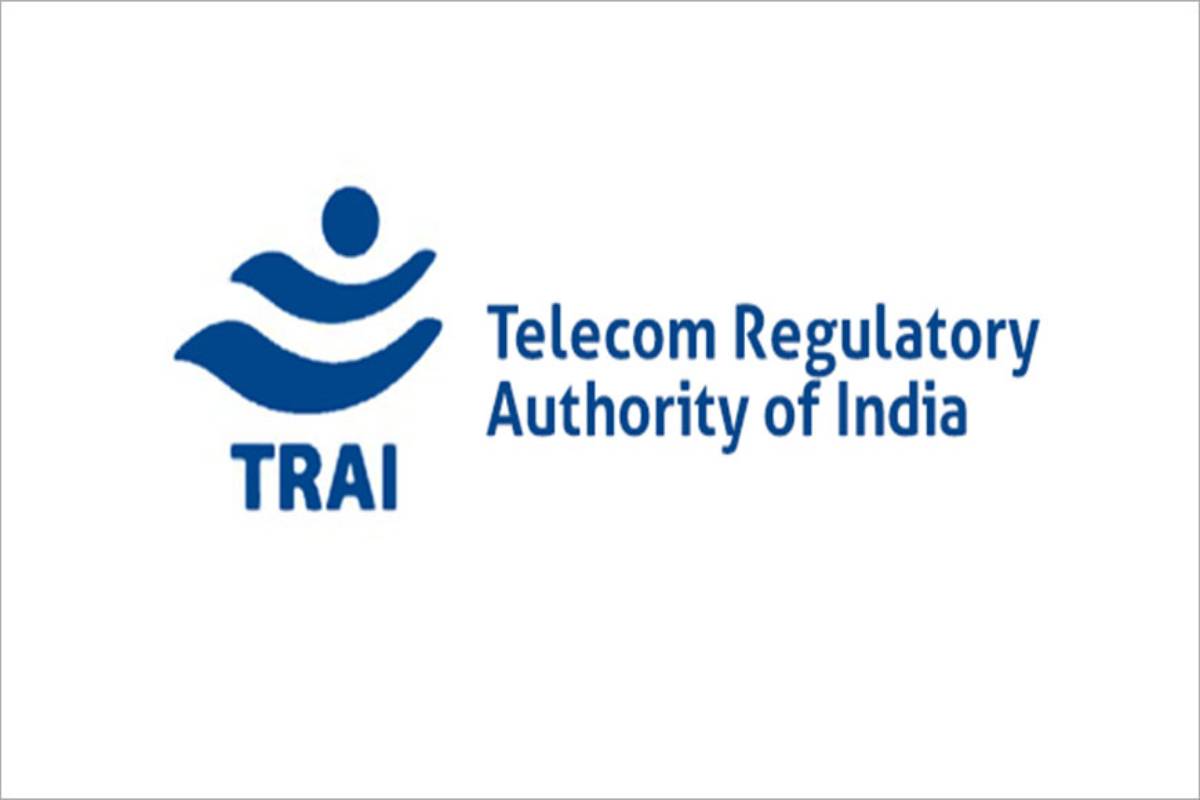The Telecom Regulatory Authority of India (TRAI) has issued a consultation paper seeking public comments on “Review of the Telecom Commercial Communications Customer Preference Regulations, 2018 (TCCCPR-2018)”.
The Ministry of Communications said in a statement that during the implementation of the regulatory frameworks, certain issues have been observed. “This Consultation Paper aims to bring forward issues observed during implementation, and which need immediate attention. The provisions of regulations related to these issues may need amendment,” it added.
Advertisement
The broad category of issues discussed in the Consultation Paper includes the definitions of commercial communications; provisions related to the complaint redressal; UCC Detect System and action thereof; provisions related to financial disincentives; provisions related to senders and telemarketers; and analysis of high number of voice calls and SMS.
The TRAI is seeking inputs on areas to strengthen the regulations, including stricter provisions against the unregistered telemarketers (UTMs) who harass the public through spam calls, improved complaint redressal mechanisms, more effective UCC detection systems, stronger financial disincentives for violation of regulatory provisions, and revised regulations for senders and telemarketers.
The paper also explores the possibility of differential tariffs for voice calls and SMS to discourage UCC.
The Consultation Paper is available on the TRAI website www.trai.gov.in. Written comments on the consultation paper are invited from the stakeholders by September 25, 2024. Counter comments, if any, may be submitted by October 09, 2024. The comments and counter-comments may be sent, preferably in electronic form on the e-mail address advqos@trai.gov.in.
It is to be highlighted that the TCCCPR-2018 was implemented in February 2019 to address the issue of Unsolicited Commercial Communications (UCC).
These regulations aim to protect consumers from unwanted promotional calls and messages while allowing businesses to send targeted communications to customers who have consented to or set preferences to receive them.











